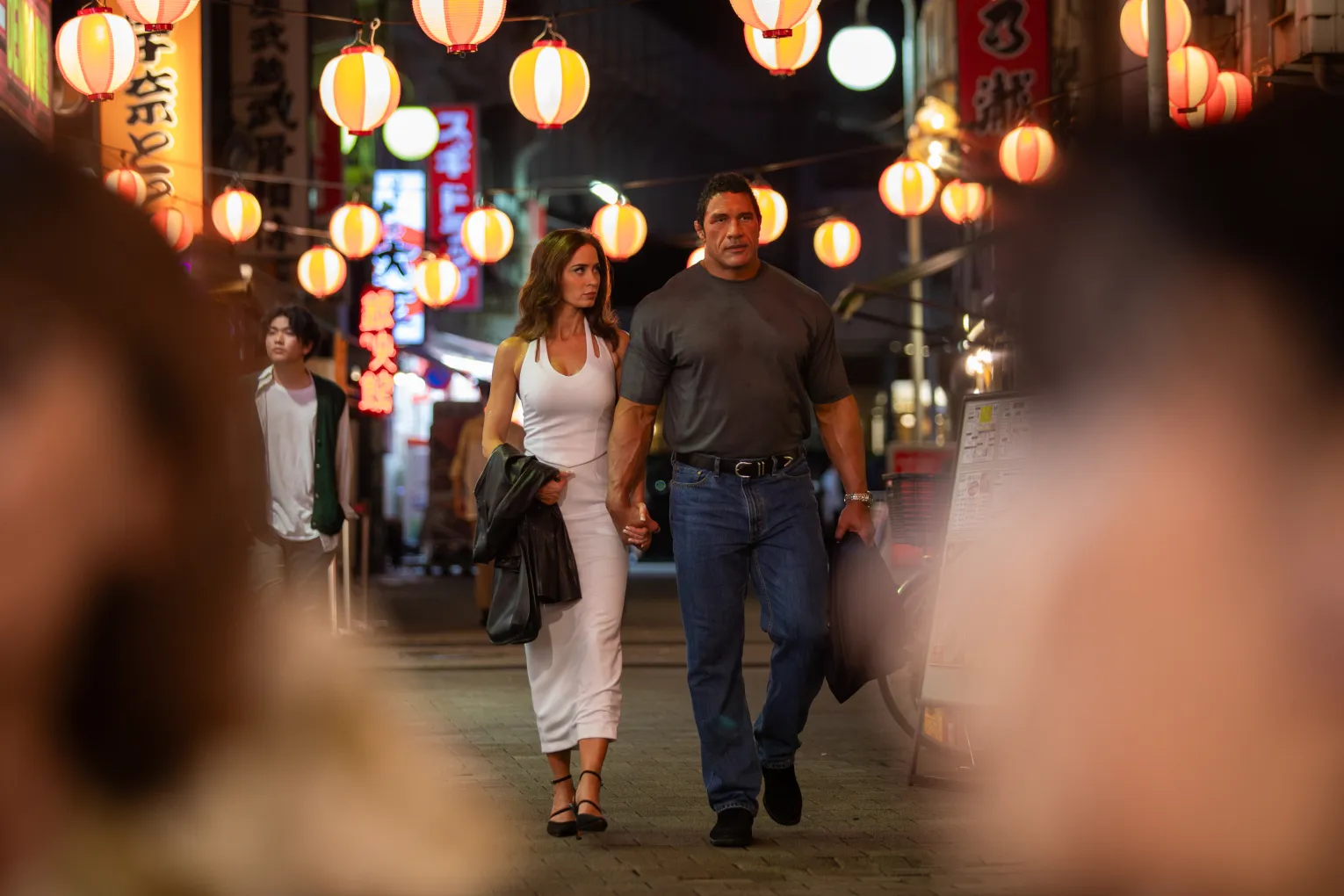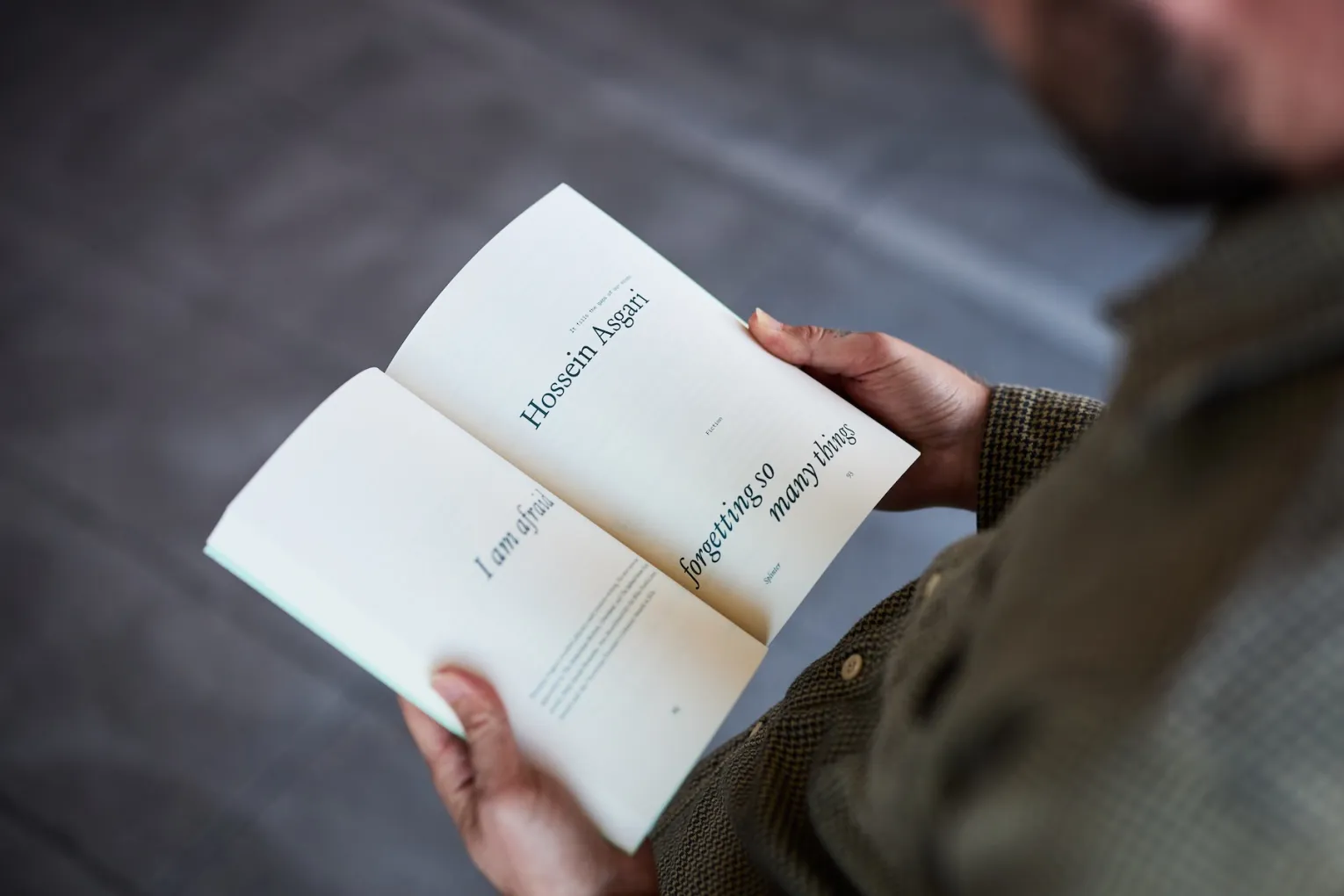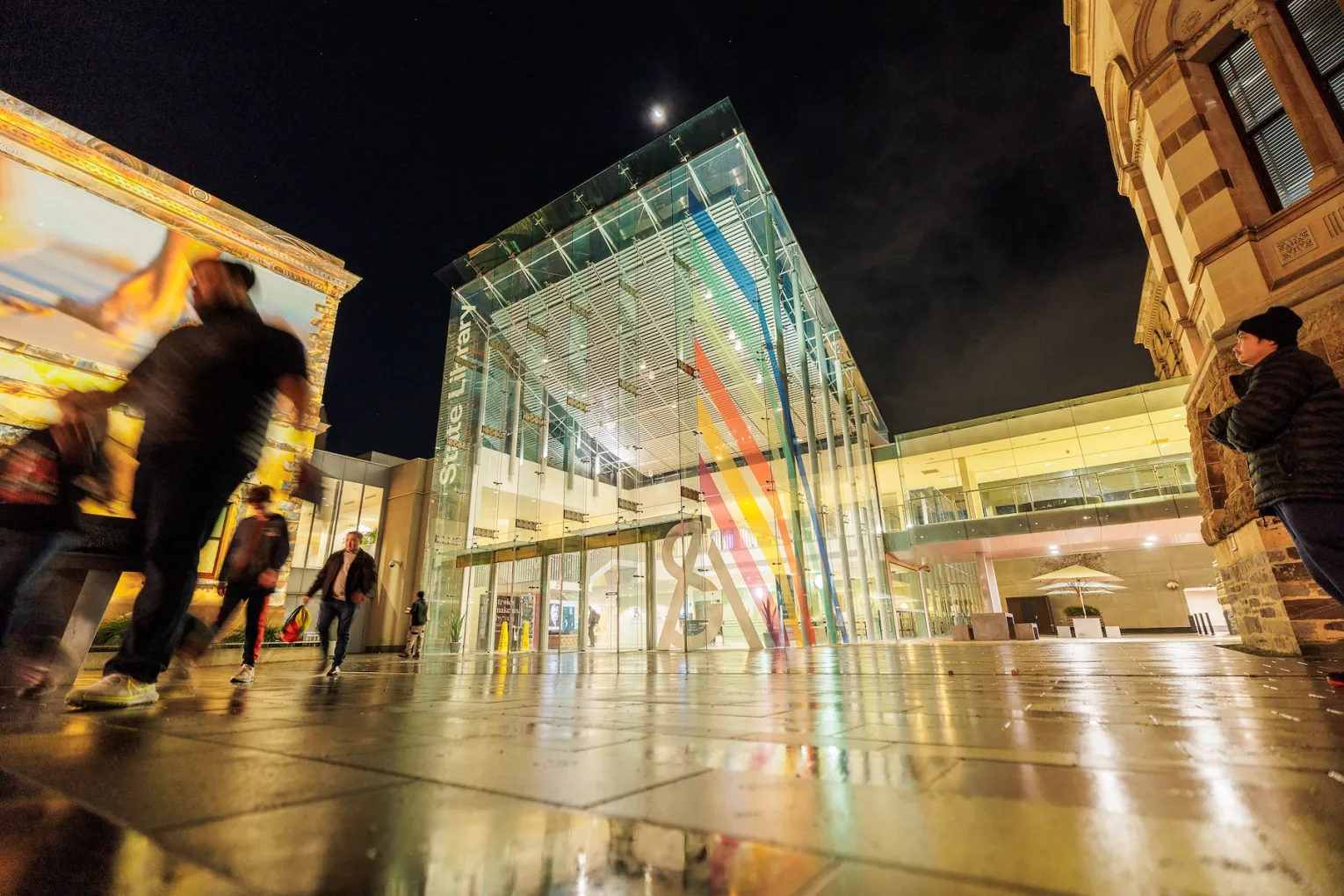Film & TV
ReadBeyond The Rock: Welcome to Dwayne’s World
Dwayne Johnson’s portrayal of mixed martial arts fighter Mark Kerr in The Smashing Machine might score the big-budget star (with something to prove) an Oscar nomination.

Books & Poetry
ReadThe soft and quiet power of Australian literature needs public champions
Following the abrupt closure of Australian literary journal Meanjin after 85 years, Splinter journal editor Farrin Foster reflects on how literature’s quiet power makes it one of our least-valued art forms.

Commentary
ReadHas a ‘neoliberal’ festival fixation undercut our cultural community?
In this extract from her book Beyond the Books: Culture, value, and why libraries matter, writer and researcher Heather Robinson reflects on how the rise of an economically driven ‘Festival State’ risks leaving vital institutions out of the conversation.






















